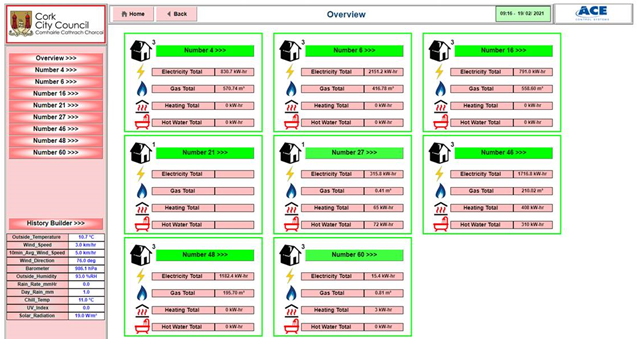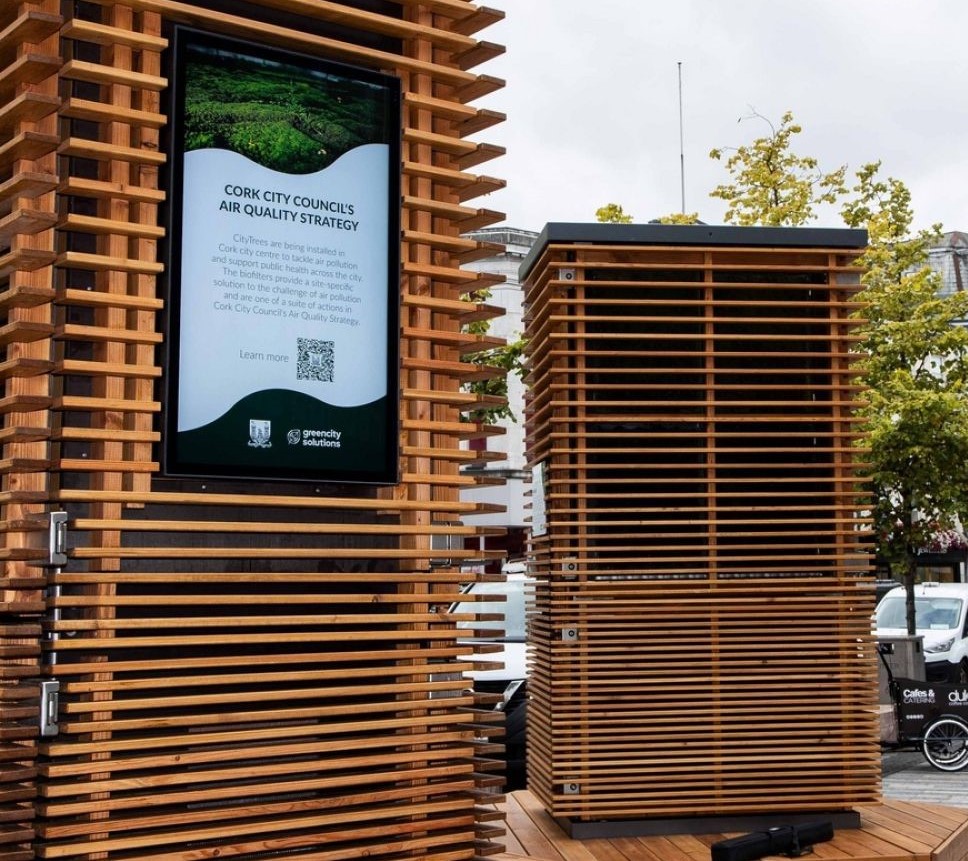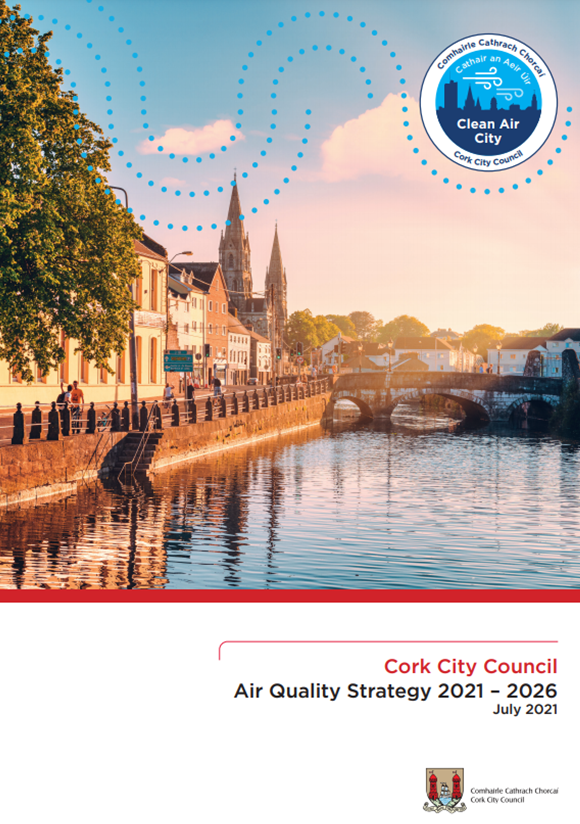Derry City & Strabane District Council (DCSDC) and Donegal County Council (DCC) both recognise the need to transition towards a smart, low carbon economy which can deliver sustainable prosperity for individuals, communities, businesses and the local environment within the North-West Region. To fulfil this goal, both councils have collaborated to define a clear and structured North-West Regional Energy Strategy as one combined region.
The strategy supports the increasing global consensus arising from the IPCC’s 2018 report that identifies the urgent need to accelerate decarbonisation objectives and has been aligned with “Net Zero” emissions targets. Importantly, the UK Parliamentary Climate Change Committee (CCC) in its recent report recommends that local authorities must be proactive and pursue strategies that are designed to eliminate carbon emissions within their regions given the specific nature of their individual energy system.
The strategy therefore aims to provide a strategic rationale and direction for the North West region to achieve its vision for a Net Zero emissions Energy sector by 2045. The Roadmap contained herein proposes a strategy that can deliver real reductions in annual carbon emissions, whilst encouraging the growth of a low carbon economy, improving the security of supply and minimising the environmental impact of all future activities.
The strategy recommends a Smart Energy System approach and provides a holistic view on the consumption and management of energy throughout the region. A wide variety of local measures have been recommended as potential opportunities to encourage the adoption of renewable Low Carbon Technologies (LCTs) both for the consumption and generation of energy within the North-West Region.
It is important that the North-West Region has a very clear plan on how it should become carbon neutral given the specific characteristics and requirements of the area. This plan should coordinate all energy vectors together to optimise energy consumption across the North-West Region and minimise both Greenhouse Gas (GHG) emissions and customer bills whilst minimising cost and maximising opportunity for all who live and work within the area.
Through the acceleration of this transition, the North-West Region is presented with a huge opportunity in becoming a proactive “prosumer” in the energy market and contributing towards future balancing markets both with the electricity transmission and distribution networks, as well as the gas networks. The area intends to build a template to demonstrate how local authorities can intelligently decarbonise to meet binding emission targets whilst encouraging sustainable economic growth.

Both Councils have a history of driving energy conservation throughout their organisations, and through the ongoing delivery of this strategy, wish to remain a driving force for innovation in the region. They are bringing together the strands necessary within their own organisations, working with the private sector stakeholders and academia to deliver the objectives as set out within the strategy.
One of the actions from the Regional Energy Strategy was to Develop and implement the North West Smart Energy System (NWSES).
The NWSES will deliver an optimal smart energy system design specifically for the North-West Region which is considered both low cost and will deliver a “Net Zero” Regional Whole Energy system by 2045. This will incorporate Heat, Transport and Power together as one multi vector energy system across the entire North-West Region.
The NWSES will produce a detailed design for a smart “Net Zero” energy system for the North-West which views the multiple energy vectors as part of one interconnected energy system. A suite of Commercial mechanisms and tools should be designed which ensure that the desired future energy system is realised and binding carbon targets are reached ahead of time. Broadly speaking the following steps are recommended to allow a fit-for-purpose Smart Energy System for the North-West to be designed:
- Develop a Regional Spatial Energy Demand Analysis to map energy information for the Region and create respective geographic energy profiles for the commercial, residential and municipal sectors;
- Define and propose revolutionary market and business model options for the provision of cross boarder Smart Energy Systems;
- Develop selection criteria to assess the suitability of the market and business models;
- Investigate possible funding models and structures to finance the project. Ensure business model will attract finance and investment;
- Perform impact assessments to compare effects of business models on value chain for the Smart Energy System. Develop financing proposals that share benefits and risks fairly between investors, consumers, utilities and authorities;
- Validate revenue streams and value proposition of the proposed business models. Recommend most appropriate model that aligns with strategic objectives of the North-West region;
- Develop detailed design for chosen business model and determine expected outcomes. Implement business model to build financial structure of project;
- Deliver a strong communication, engagement plan, recommend activities to achieve strategic objectives of the project and to share operations with projects in other localities.
Once this overarching view of the Smart Energy System of the future has been defined for the region the following technical and commercial Workstreams will further act to prove and demonstrate how the modelled energy system will operate both technically and commercially. The flowchart below is both Council’s concept of what the Smart Energy System should look like:

Both Councils are currently investigating suitable delivery mechanisms to fund and implement the Smart Energy System and later the Regional Energy Strategy through the establishment of a North West Energy Hub.
For further Information, contact Leo Strawbridge, email: Leo.Strawbridge@derrystrabane,com



